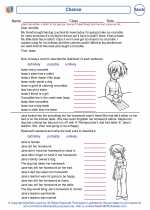Experimental Probability
Experimental probability is a mathematical concept that measures the likelihood of an event occurring based on actual experimental data or observations. It is calculated by conducting experiments or trials and recording the outcomes, and then using the data to determine the probability of a specific event happening.
To calculate the experimental probability of an event, you can use the following formula:
Experimental Probability = Number of Successful Outcomes / Total Number of Outcomes
For example, if you roll a fair six-sided die 100 times and record the number of times it lands on a 4, you can use the formula to find the experimental probability of rolling a 4. If the die lands on 4, 22 times out of 100, then the experimental probability would be:
Experimental Probability = 22 / 100 = 0.22 or 22%
Experimental probability is a useful tool for predicting the likelihood of events based on real-world data, and it can be used to make informed decisions in various fields such as science, sports, and finance.
Overall, experimental probability provides a practical way to estimate the chances of an event occurring based on observed outcomes, making it a valuable concept in the study of probability.
[Experimental Probability] Related Worksheets and Study Guides:
.◂Math Worksheets and Study Guides Second Grade. Probability
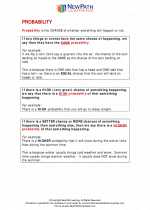
 Worksheet/Answer key
Worksheet/Answer key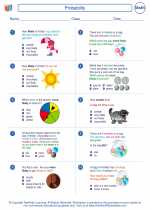
 Worksheet/Answer key
Worksheet/Answer key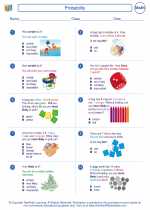
 Worksheet/Answer key
Worksheet/Answer key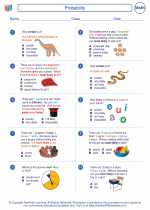
 Worksheet/Answer key
Worksheet/Answer key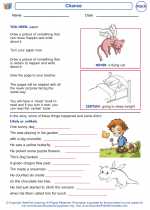
 Worksheet/Answer key
Worksheet/Answer key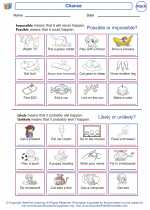
 Worksheet/Answer key
Worksheet/Answer key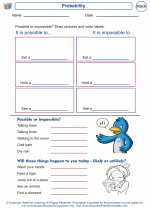
 Worksheet/Answer key
Worksheet/Answer key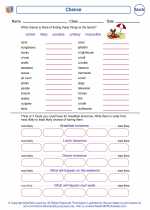
 Worksheet/Answer key
Worksheet/Answer key